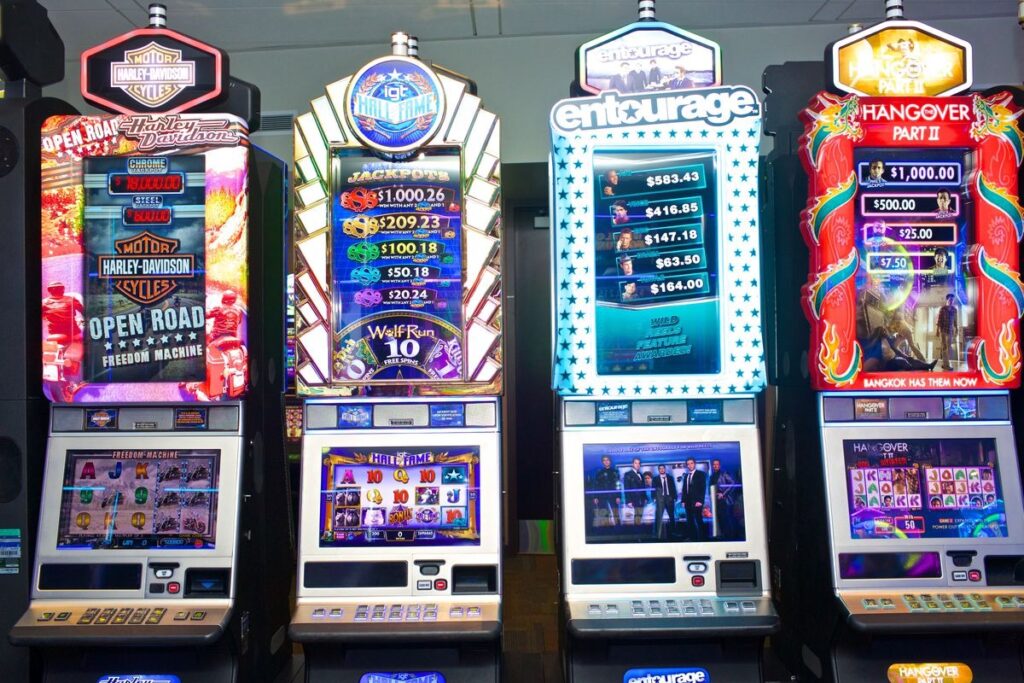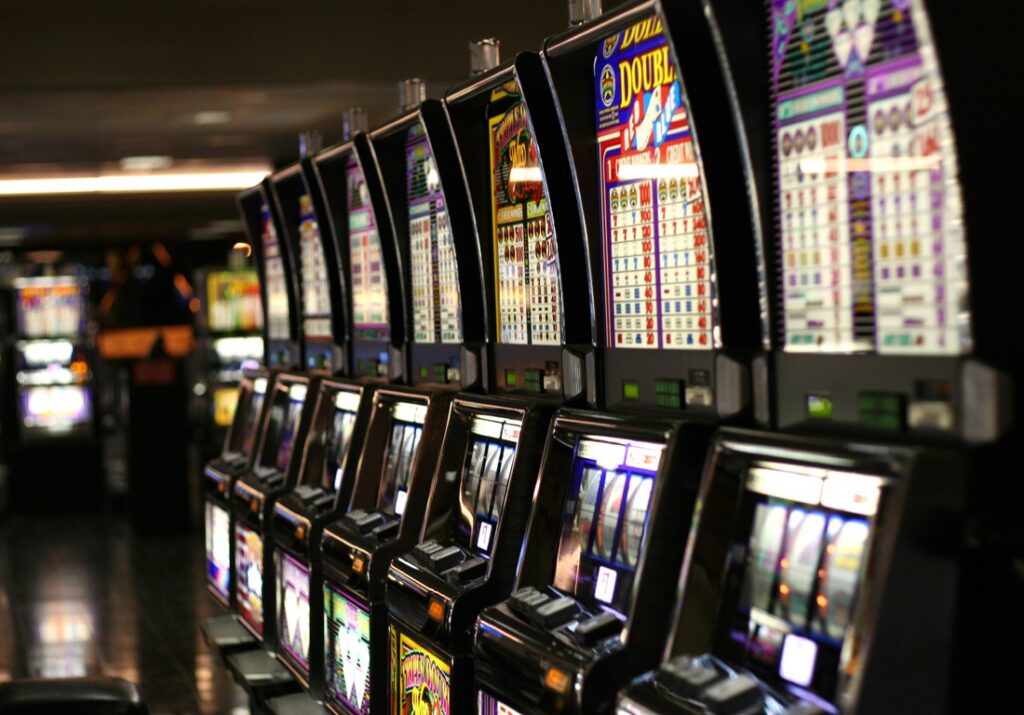The Allure of Slot Machines: Unraveling the Psychology with Swerte999
When envisioning a casino, the mind often conjures images of poker games, roulette wheels, and bustling blackjack tables. However, the real revenue and popularity powerhouse lies in the shiny, whizzing slot machines that dominate the casino floor. According to research, slot machines claim the largest percentage of revenues in gambling capitals like Las Vegas, with an average annual earning of $79,962 per machine.
The Psychological Pull of Slot Machines
Delving into the psychology behind our collective attraction to slot machines, Swerte999 explores the intricate workings within our brains that contribute to their undeniable success. Despite their diverse appearances, mental health experts argue that all slot machines share a common trait: they are psychologically deceptive, potentially turning individuals who aren’t predisposed to addiction into gambling enthusiasts.
Deceptive Features and Addiction Concerns
Former addiction therapist Roger Horbay, now leading Game Planit Interactive Corp., asserts that it’s the machines, not the individuals, that are causing the addiction. He contends that electronic gaming machines are designed to entertain but end up manipulating vulnerable players. Advocates for the gambling industry counter this, emphasizing that the machines aim to entertain rather than manipulate.
Prevalence of Electronic Gaming Machines
Problem gambling prevalence studies indicate a higher likelihood of gambling addicts playing electronic gaming machines, including slot machines and video lottery terminals, as opposed to table games like blackjack. A significant portion of gaming machine revenue comes from problem gamblers, raising concerns about the impact of these machines on vulnerable individuals.
Government Regulation and Responsible Gaming
While some argue that gaming machines are the most addictive yet least regulated form of gambling, others propose stricter regulations. Swerte999 suggests phasing out features like virtual reel mapping and unbalanced reels, which are considered deceptive. Implementing measures to display potential losses on each bet could provide gamblers with clearer information, promoting responsible gaming.

The Rise of Slot Machines and Tax Revenues
Slot machines have become the go-to form of gambling for both state governments seeking tax revenue and avid gamblers seeking quick responses. State and local governments collected a staggering $6 billion in tax revenue from casino gambling, with slot machines contributing to over two-thirds of that amount. The addictive nature of slot machines, characterized by rapid responses, has played a significant role in their widespread popularity.
The Quick Response and Proliferation of Slot Machines
Dianne Berlin, vice chair of the National Coalition Against Legalized Gambling, points out that the quick response time of slot machines contributes to their addictiveness. States like Pennsylvania have expanded gaming offerings, aiming to hook people on gambling for consistent revenue. The allure of slots lies in their ability to Swerte999 generate continuous bets at a rapid pace, creating an environment where gamblers can easily lose track of both time and money.
In the world of slot machines, the swift response, lack of skill requirement, and continuous engagement have made them a dominant force, both in terms of revenue generation for states and as an irresistible draw for gamblers. The Swerte999 intricate psychology behind this phenomenon continues to shape the landscape of modern casinos.

